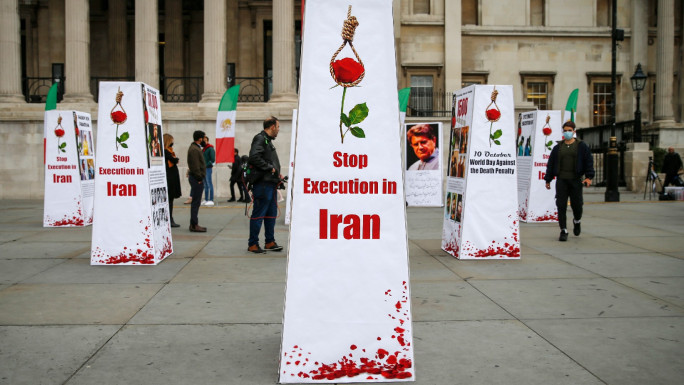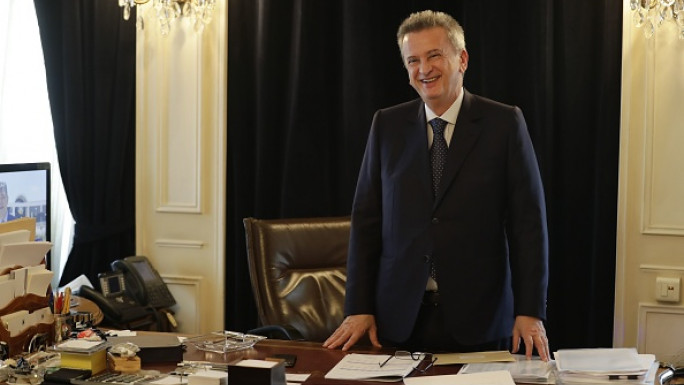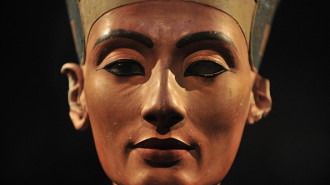Conservative Muslims call for boycotting Egyptian writer Ibrahim Eissa’s debut film ‘The Atheist’
A new Egyptian film set to premiere in mid-August, written by controversial author Ibrahim Eissa, has sparked a heated debate, prompting conservative Muslims to call for boycotting it over allegedly promoting atheism.
The film, entitled Al-Molhed (The Atheist) has been the talk of social media users over the past few days after the trailer, released last week by El-Sobky production company, gave potential viewers a brief insight into its theme and plot.
Citing the film's crew, local news outlets reported in recent days that the movie depicts how experiences of religious fanaticism can trigger converse reactions, such as atheism and opposition to religion.
In the film, the protagonist, Yahia, performed by Ahmed Hatem, is raised by an extremist Sheikh who opposes religious tolerance.
Yahia, experiencing ultraconservative ideas and extremism around him, starts having doubts about his faith, eventually turning into a disbeliever, which leads his father and other fellow fanatics to force him to atone for his sin or else face imminent death as a punishment.
The premiere of the movie has been postponed for almost two years despite being ready, according to a recent post by the film director Mohamed El-Adl, who did not elaborate further.
Eissa posted a photocopy of a document on his social media accounts demonstrating the approval of the censorship authority to screen the movie.
Though the trailer does not show the full details and only gives a general idea of the main plot, it has intrigued many to watch and learn more about debates commonly raised inside Egyptian society over the past decade between secularists and religious fundamentalists on renewing religious discourse.
It remains unclear whether the film has faced censorship from the state since the project was first launched in 2021.
Eissa, also a prominent journalist, is not new to controversy, being an outspoken proponent of secularism with a history of criticising extremism, Salafi groups as well as, arguably, several fundamentals of the Islamic faith, often provoking outrage among conservative Muslims in general.
Last year, Eissa stirred up a debate when he called for turning mosques into schools during the daytime, as Egypt has faced the problem of overcrowded classrooms for many years.
In 2022, Eissa sent shockwaves across the Muslim world after making televised comments, during a show he presented, refuting the Quranic story of "Israa and Miraj", the mystical night journey of the Muslim Prophet Mohammed from Mecca to Jerusalem, as a delusional story advocated by Salafist preachers.
Egypt witnessed a crucial transformation as of the 1970s and the beginning of the 1980s when many Egyptians migrated to Gulf countries - especially Saudi Arabia - to find work, with some being influenced by the extremist Wahhabi doctrine.








